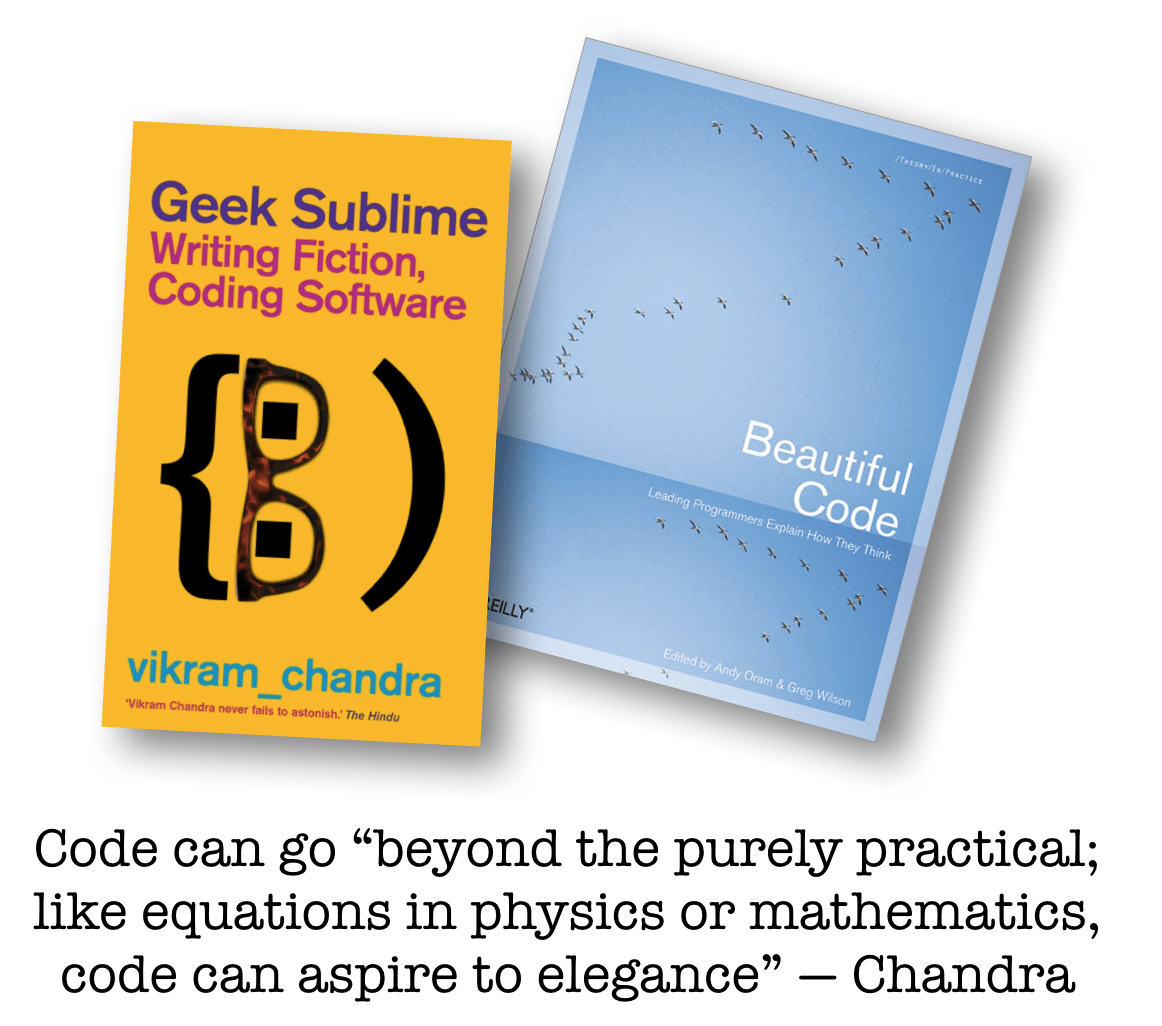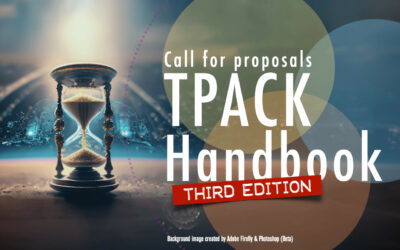A quote in a NYTimes article caught my attention
According to sports scientists, the most significant predictor of an athlete’s skill is the time spent in practice. “It’s not just genetics,” says Jean Côté, the director of the School of Kinesiology and Health Studies at Queen’s University in Ontario, Canada, who has extensively studied the development of athletic talent in children. “There’s no magic to it. To become an expert in music or sport, it takes about 10,000 hours.”
10,000 hours! Given 20 hours a week working on some talent, it comes to around 10 hours years. Turns out that is quite exactly the time that Howard Gardner says that it takes someone to become an expert in any domain. Interesting.




Just proves the old adage. It’s an ill wind that blows no good.
oops! Thanks, it is fixed now.
Also, if I remember right, Gardner talks about it in his book “Creating Minds: An Anatomy Of Creativity As Seen Through The Lives Of Freud, Einstein, Picasso, Stravinsky, Eliot, Graham, And Gandhi.” A quick web search revealed the following quote:
So the 10 years time-frame seems to be more for “genius” level people, whatever that means. Here is a link to a Scientific American article (The expert mind) that makes a similar argument for effortful study motivation as being more important than genetics.
10 years (instead of hours?) – Do you have the Gardner reference – I have used that statistic several times myself, but could never find the correct reference!